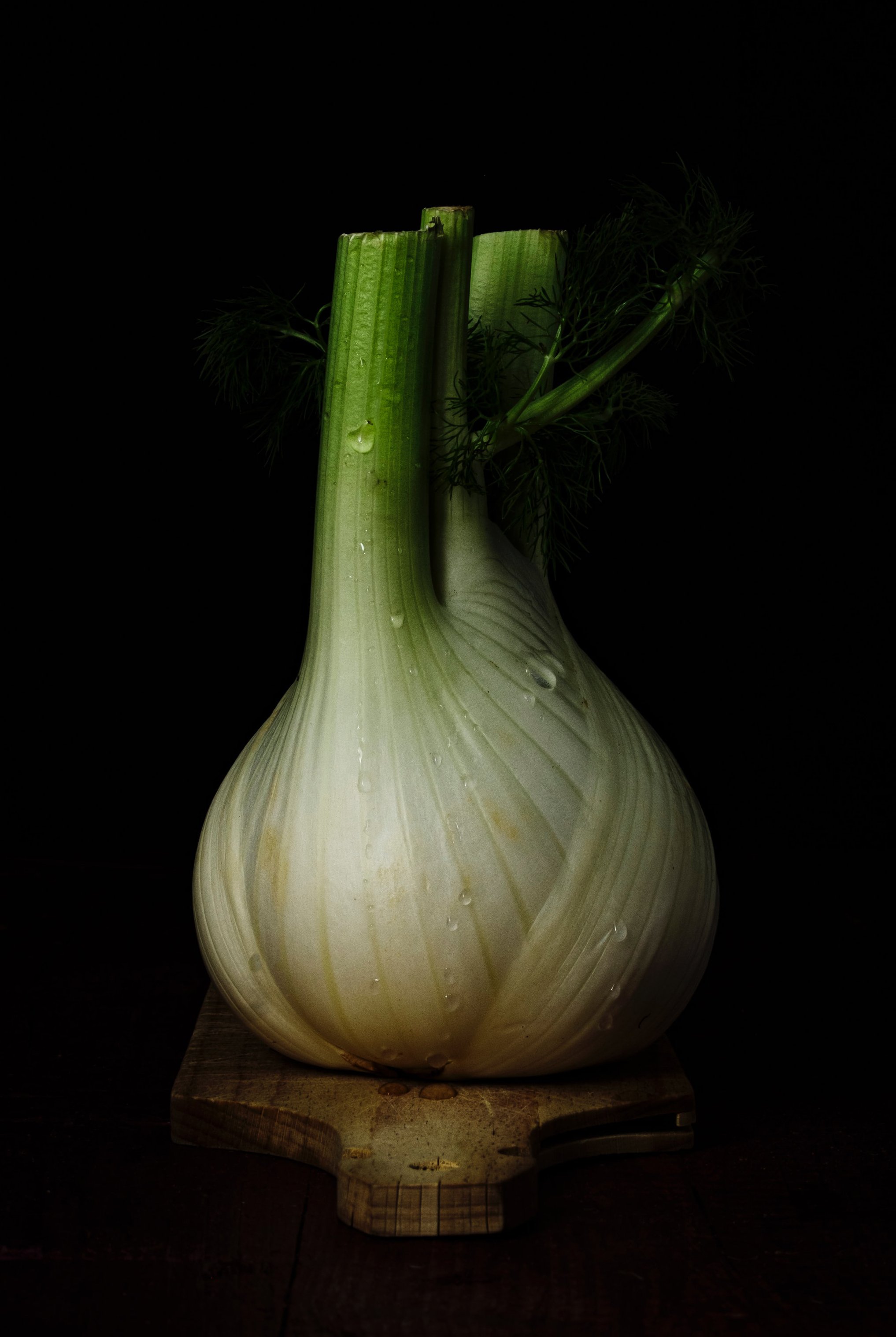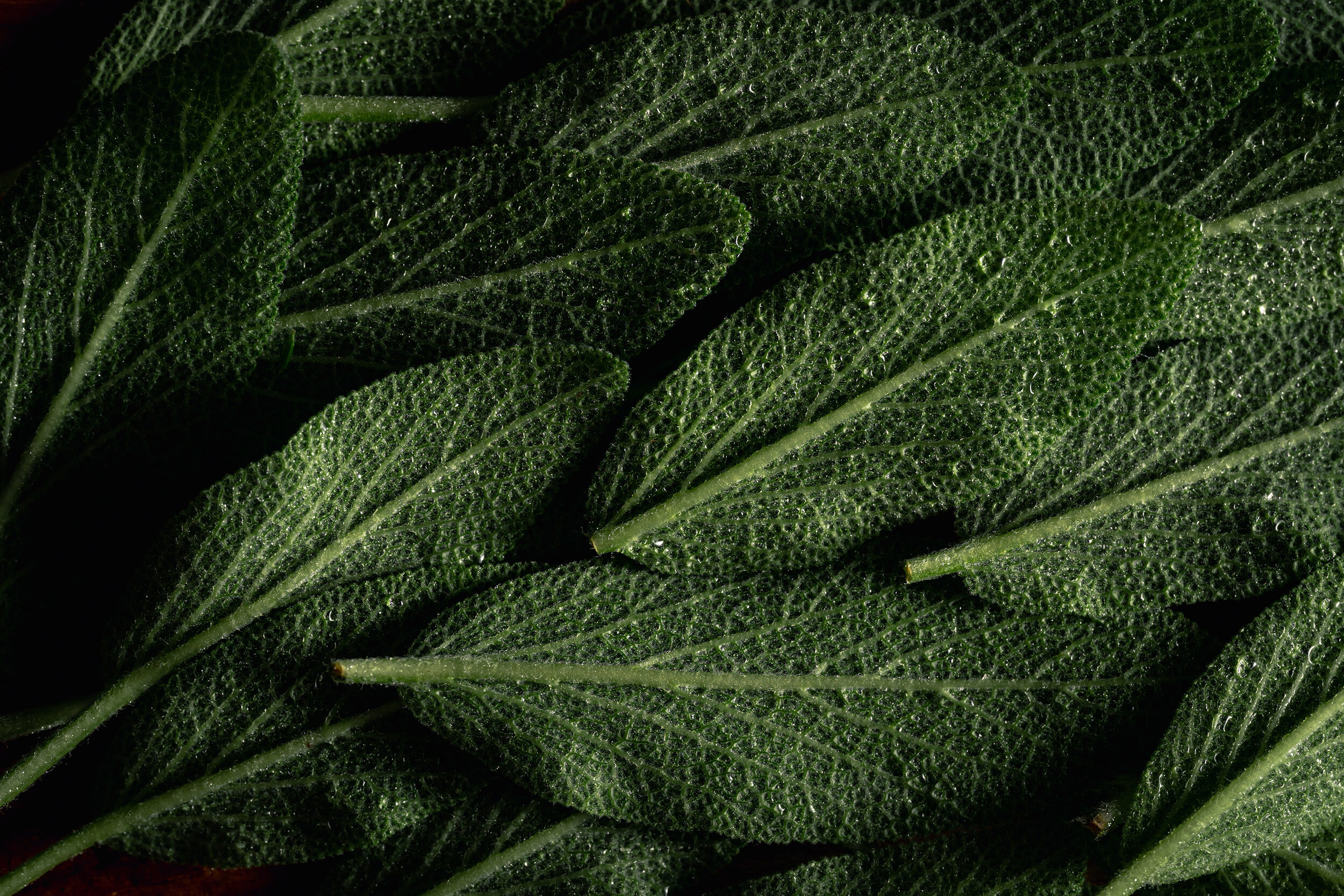
We’re calling for a food revolution.
The climate emergency is the biggest challenge of our lifetime and food has a key role to play in global emissions. Our target is to reach Net Zero in our Levy UK business by 2027 in the right way. COP26 will be a catalyst for learning and change across our business.
We’ve signed up to the UN’s Race to Zero campaign.
We believe the food industry has a responsibility to do more for the planet, the teams we work with and the communities we work in. We want to be market leaders in sustainable food; delivering locally sourced, plant forward and in-season menus, as well as working with our partners and suppliers to continually reduce emissions and food waste across our supply chain.

We’re committed to using local and seasonal produce.
Around 90% of our emissions come from our supply chain, so if we are going to make a real difference, we need to start here. The majority of our COP26 suppliers are based within 100 miles of Glasgow, significantly reducing the distribution footprint.
We’ve identified suppliers with high welfare standards and who are putting sustainability at the heart of their business. We’re encouraging our suppliers to sign-up to the Climate Hub, some of whom have already done so.
Our Scottish Growers

We’re taking a plant-forward approach.
Greenhouse gas (GHG) emissions per 100 grams of protein
Our vision is to match our passion for quality food and service with our care for the planet; and plant-based food products are one of the most effective ways for us to reduce emissions. As such we have switched at least 40% of our dishes at COP26 to plant-based and plant forward alternatives.
In taking a plant-forward approach, we’re preparing for the future in more ways than one. By 2030 70% of our top 5 food categories will be sourced from regenerative agriculture, as well as a 40% switch towards plant-based proteins, with an interim target of at least 25% by 2025.

We take ‘reduce, reuse, recycle’ very seriously.
We are working with the COP26 team to remove plastic water bottles, instead we will have refill stations located publicly throughout the Campus. Our hot drinks cups will be reusable, significantly reducing our use of single use cups.
8-10% of greenhouse gas emissions are produced from food waste so we are taking steps to minimise this, including ingredient replication across menus. Our kitchen food waste will be redirected for composting so that it can be diverted back into the food system.
We are measuring the carbon footprint of our menus.
Infographic based on Klimato calculations
We have partnered with Swedish carbon labelling business Klimato to analyse the carbon footprint of the food served at COP26, and will communicate the footprint of each dish on menu boards, informing attendees about what dishes have the lowest impact.
Klimato use data from studies where the methodology of life cycle analysis is applied. Life cycle analysis of food products is an ISO14040 certified method for calculating CO₂e emissions and other environmental impacts which arise during the production and distribution of a product.
















